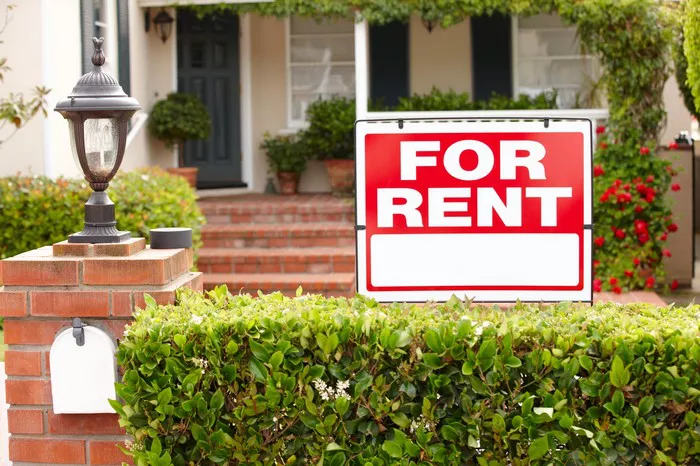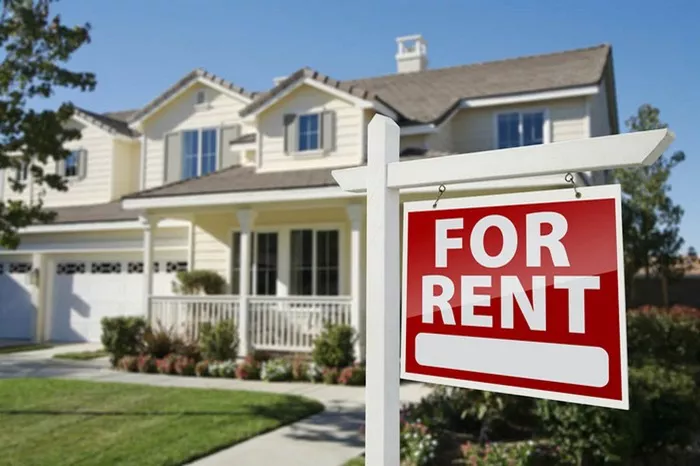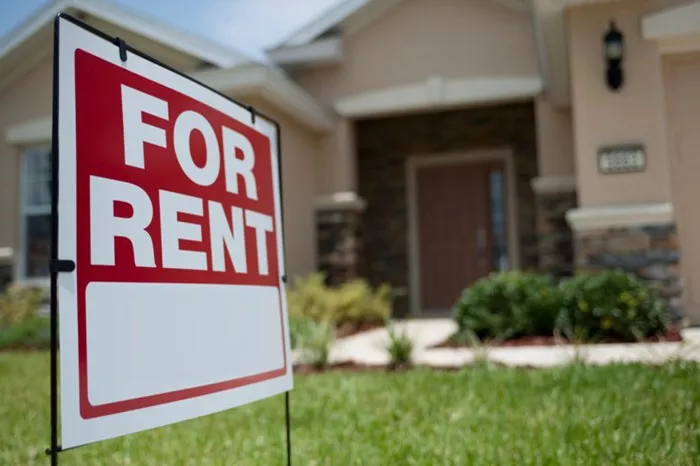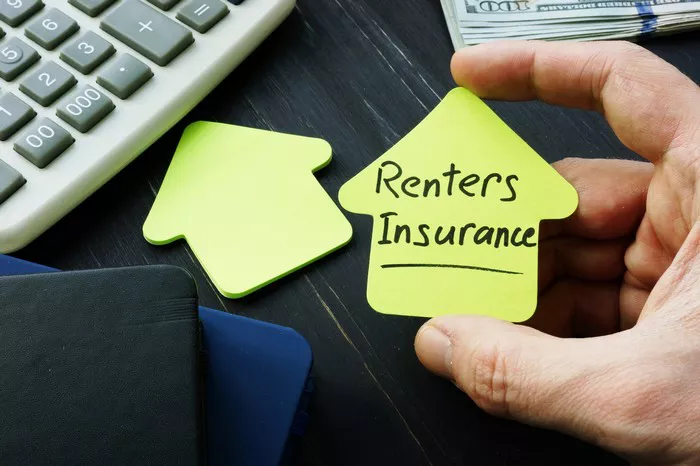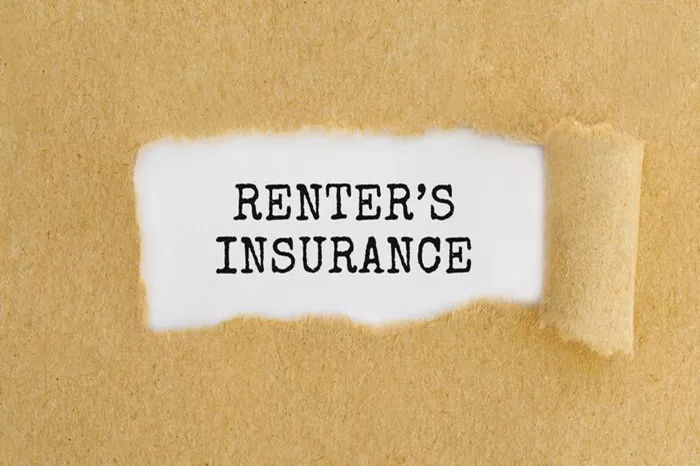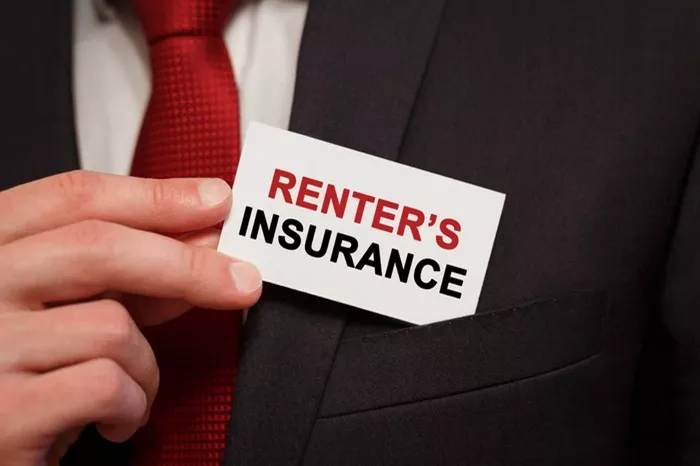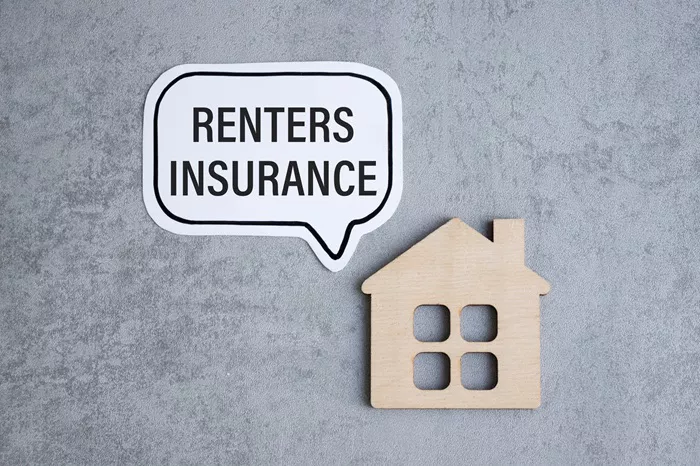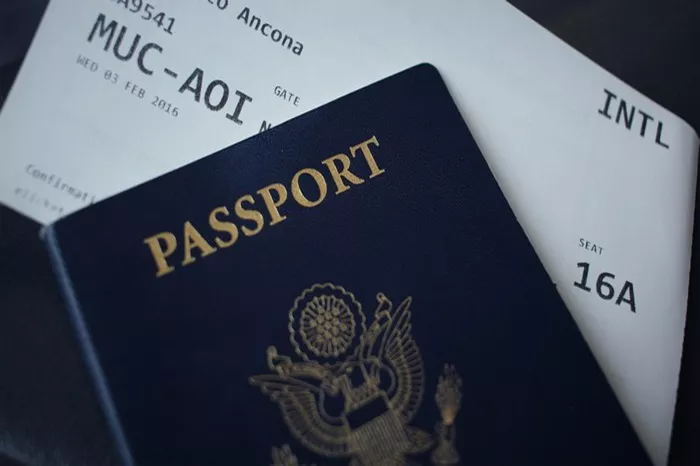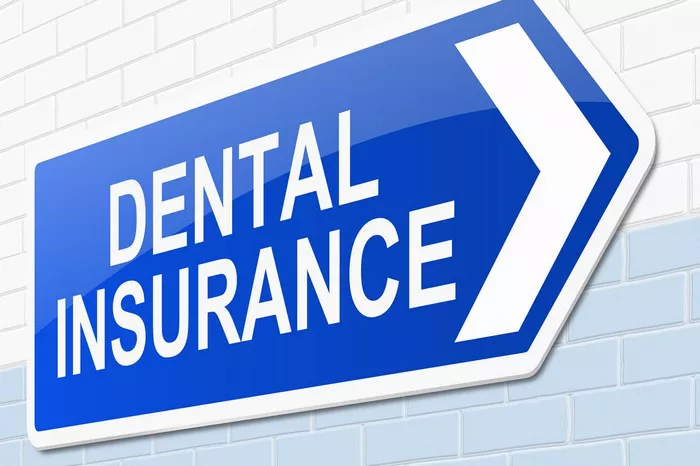When navigating the world of renters insurance, understanding the term “personal liability” is crucial. Renters insurance is designed to protect tenants from financial loss due to various unforeseen events, but personal liability coverage specifically addresses potential legal and financial responsibilities that could arise from accidents or damage caused by the insured party. This article delves into the nuances of personal liability in renters insurance, explaining its importance, coverage details, and implications for renters.
Introduction to Personal Liability in Renters Insurance
Personal liability in renters insurance refers to the protection provided to policyholders against claims of injury or damage caused by the insured person or their family members. It offers financial support in case the insured is held legally responsible for accidents or damages that occur on the rented property or elsewhere. This type of coverage is essential for safeguarding renters from unexpected legal costs and potential financial burdens that may arise from various situations.
Understanding Personal Liability Coverage
Personal liability coverage within renters insurance protects tenants from financial losses resulting from their legal responsibility for injuries or damages caused to others. This coverage typically includes:
1. Legal Fees and Settlements
If a person is injured on the rented property or if the insured accidentally damages someone else’s property, personal liability coverage helps cover the costs of legal fees and settlements. This can be crucial if a lawsuit is filed against the insured, as legal expenses can quickly escalate.
2. Medical Payments
In addition to legal fees, personal liability coverage may also include medical payments to others who are injured on the insured’s property, regardless of who is at fault. This ensures that medical expenses are covered without the need for a legal judgment.
3. Damage to Property
Personal liability insurance can cover the cost of damages caused by the insured to someone else’s property. For instance, if a renter accidentally causes a fire that damages a neighbor’s belongings, the policy may help cover the repair or replacement costs.
4. Additional Living Expenses
If the insured is legally responsible for causing damage to the rented property that makes it uninhabitable, personal liability coverage might also provide funds for additional living expenses. This ensures that the insured can find temporary housing while repairs are being made.
Importance of Personal Liability Coverage
Personal liability coverage is a critical component of renters insurance due to the following reasons:
1. Protection Against Legal Risks
Renters are not immune to accidents and mishaps that could result in legal action. Personal liability coverage helps mitigate the financial risks associated with legal claims, protecting the insured from potential bankruptcy due to overwhelming legal costs.
2. Peace of Mind
Having personal liability coverage provides peace of mind, knowing that the insured is protected against unexpected financial burdens that could arise from accidents or damages. This peace of mind is invaluable, especially for renters who want to avoid the stress of potential legal disputes.
3. Financial Security
Without personal liability coverage, renters may be personally responsible for paying out-of-pocket expenses related to legal claims, medical costs, or property damage. This can have a significant financial impact, especially if the insured lacks sufficient savings to cover such expenses.
4. Coverage for Accidental Injuries
Accidents can happen at any time, and personal liability coverage ensures that renters are protected if someone is injured on their property. Whether it’s a visitor who trips and falls or a neighbor’s child who gets hurt, this coverage helps cover the associated costs.
See Also: What Is Personal Liability Coverage Home Insurance
Factors Affecting Personal Liability Coverage
Several factors can influence the extent and effectiveness of personal liability coverage in renters insurance:
1. Policy Limits
The amount of personal liability coverage provided is subject to policy limits. Renters should carefully review their policy to ensure that the coverage limits are adequate for their needs. Higher policy limits offer greater protection but may come with increased premiums.
2. Exclusions and Limitations
Personal liability coverage may have specific exclusions and limitations. For example, certain intentional acts or illegal activities may not be covered. Renters should be aware of these exclusions to avoid unexpected gaps in coverage.
3. Deductibles
Some renters insurance policies may require a deductible for personal liability claims. This means that the insured must pay a certain amount out of pocket before the insurance coverage kicks in. Understanding the deductible amount is important for budgeting and planning.
4. Endorsements and Riders
Renters can often add endorsements or riders to their policy to enhance personal liability coverage. These additional provisions can offer specialized protection for certain situations or increase coverage limits. It’s advisable to consult with an insurance agent to explore available options.
Common Scenarios Covered by Personal Liability Insurance
Personal liability insurance can come into play in various situations. Some common scenarios include:
1. Slip and Fall Accidents
If a visitor slips and falls on the rented property due to a hazardous condition, personal liability coverage can help cover medical expenses and legal costs if the injured party decides to file a claim.
2. Property Damage
Accidental damage to a neighbor’s property, such as a fire caused by a malfunctioning appliance, may be covered by personal liability insurance. The policy can help cover the repair or replacement costs of the damaged property.
3. Pet-Related Incidents
If a pet owned by the insured causes injury or property damage, personal liability coverage may extend to cover these incidents. This can include dog bites or damage caused by pets.
4. Tenant Misunderstandings
Disputes with landlords or neighbors that result in legal action may also be covered under personal liability insurance. This ensures that the insured is protected from potential lawsuits related to misunderstandings or disagreements.
How to Choose the Right Personal Liability Coverage
Selecting the appropriate personal liability coverage involves evaluating various factors:
1. Assessing Risk Exposure
Renters should assess their risk exposure to determine the appropriate level of personal liability coverage. Factors such as the presence of pets, frequent visitors, and the condition of the rented property can influence the required coverage amount.
2. Reviewing Policy Options
Comparing different renters insurance policies and their personal liability coverage options can help renters find the best fit for their needs. It’s important to review policy details, limits, and exclusions to make an informed decision.
3. Consulting with an Insurance Agent
Insurance agents can provide valuable insights and recommendations based on individual circumstances. Consulting with an agent can help renters understand their options and select a policy that offers adequate personal liability coverage.
4. Evaluating Coverage Limits
Renters should carefully evaluate the coverage limits of their policy to ensure they have sufficient protection. Higher limits may be necessary for renters with higher risk exposures or valuable assets.
Conclusion
Understanding personal liability in renters insurance is essential for protecting oneself from financial risks associated with accidents and damages. Personal liability coverage provides critical financial support in case of legal claims, medical expenses, and property damage. By assessing risk factors, reviewing policy options, and consulting with insurance professionals, renters can ensure they have adequate protection to safeguard their financial well-being.

